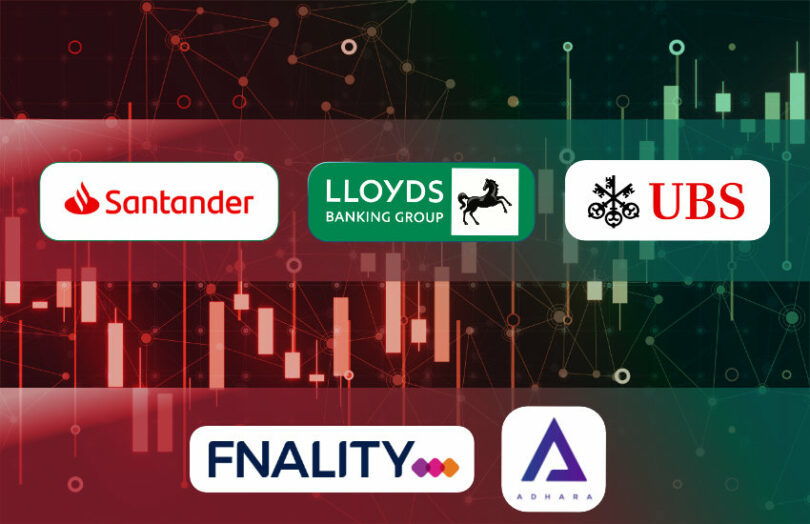Yesterday Fnality, the wholesale DLT payment infrastructure, announced the execution of pilot transactions for margin payments on its platform for the first time. Fnality is backed by more than 20 global institutions, and three of them took part in the live trial, Lloyds, Santander and UBS.
Fnality UK holds an omnibus bank account at the Bank of England, with tokenized central bank money used to execute institutional payments. While Fnality technically launched at the end of last year, it has to get regulator approval for new applications and scaling.
The payments firm gained its first central bank approval in the UK but has ambitions to support payments in US dollars, Euros, and several other currencies.
Article continues …

Want the full story? Pro subscribers get complete articles, exclusive industry analysis, and early access to legislative updates that keep you ahead of the competition. Join the professionals who are choosing deeper insights over surface level news.






